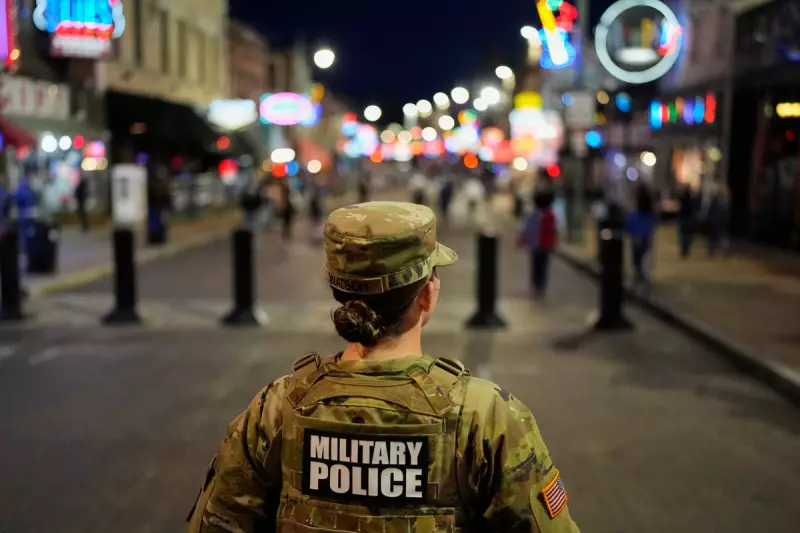
Explosive new revelations have emerged about Donald Trump's presidential administration, uncovering a controversial plan that would have seen the National Guard deployed in a move that's raising eyebrows across political circles.
The Hegseth Connection
At the centre of this unfolding story is Pete Hegseth, a former senior Trump aide and Fox News personality, who reportedly played a key role in developing the military deployment strategy. Sources close to the matter suggest Hegseth was instrumental in crafting proposals that would have significantly expanded presidential authority over domestic military operations.
Military Power Under Scrutiny
The proposed deployment plan represents one of the most significant revelations about Trump's approach to executive power. According to insiders, the strategy would have allowed for unprecedented use of military resources within US borders, challenging traditional boundaries between civilian and military authority.
Constitutional Concerns Raised
Legal experts and constitutional scholars are expressing deep concern about the implications of such a plan. The proposal appears to push against long-standing legal precedents governing the use of military force on domestic soil, raising questions about the balance of power between federal and state authorities.
Political Fallout
The timing of these revelations couldn't be more significant, coming as Trump maintains a dominant position in Republican politics and speculation grows about potential future political ambitions. The disclosure of the National Guard plan is likely to fuel ongoing debates about presidential authority and the proper role of the military in domestic affairs.
Historical Context
While previous administrations have occasionally deployed the National Guard for specific emergencies, the scale and nature of Trump's proposed plan appear to represent a significant departure from established norms. The strategy suggests a more permanent and expansive vision for military involvement in domestic matters.
What Comes Next?
As more details continue to emerge, political analysts are watching closely to see how these revelations might impact public perception and political dynamics. The story raises fundamental questions about the future of civil-military relations in the United States and the boundaries of presidential power.
The full implications of these disclosures remain to be seen, but they undoubtedly add another layer to the complex legacy of Trump's presidency and the ongoing debate about executive authority in American democracy.





